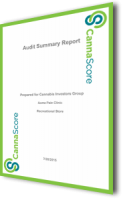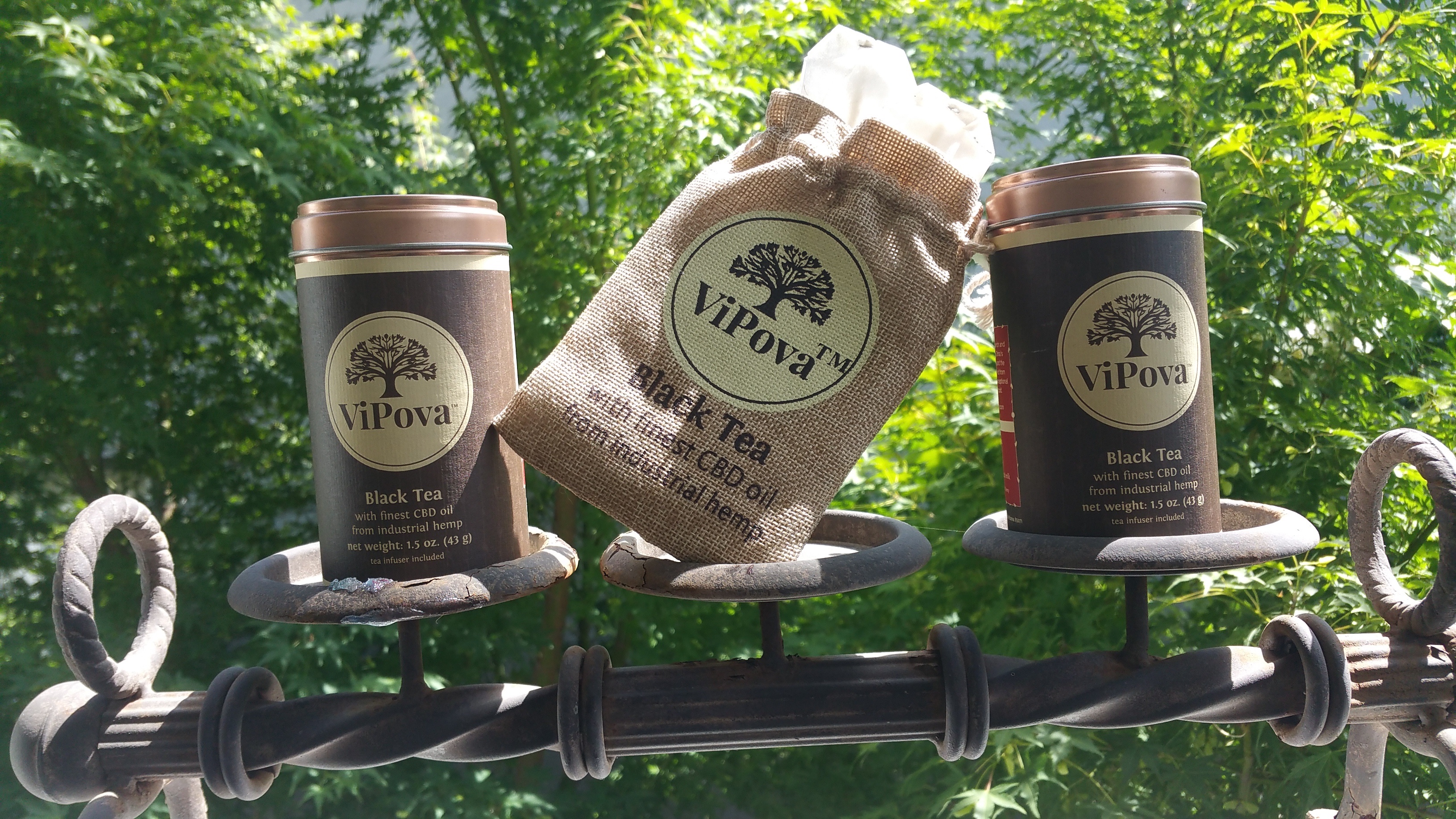According to Phil Bergman, senior communications consultant at BioTrackTHC, just yesterday the company announced it had surpassed 1,500 locations that its software systems are used in. BioTrackTHC has a traceability software solution that provides “real-time visibility into the seed-to-sale tracking data of licensed medical marijuana dispensaries, including plant and inventory quantities, production activity, laboratory testing results, transportation activity, and dispensing activity.”
The Hawaii Department of Health’s Office of Health Care Assurance selecting BioTrackTHC for the contract marks five state contracts that the company has won. Currently, the software is used by Washington, New Mexico and Illinois and soon to come are New York and now Hawaii.![]()
The software essentially allows private businesses and regulators access to data on cannabis plants in real-time, tracking them through every step in the production process including growing, harvesting, quality and safety testing, transportation and sale. These state-mandated systems have the ability to prevent issues like diversion, theft and contamination, helping with transparency in regulatory compliance.
The software is used in both “medical and recreational cannabis facilities in 23 states, Washington D.C., Canada, Jamaica and South America. “The development of a healthy and successful medical cannabis program is a top priority for Hawaii, and we are extremely proud to have been chosen to be a critical part of it,” said Patrick Vo, chief executive officer of BioTrackTHC.
“We demonstrated significant interest in the state of Hawaii early on, including sponsoring the first ever Cannabis Business Expo there last year,” says Vo. “The Hawaiian people have their own special values and way of life, which is important to understand when working in Hawaii.” Winning the contract means their software will be used to track the production, transportation and sale of all medical marijuana in the state of Hawaii.










